Is there space for free will within a scientific worldview? In the first of this three part series, Christian List looks at free will scepticism and outlines his own compatibalist response.
Skepticism about free will has become ever more prominent. If one browses the popular science section of any large bookshop or flicks through recent popular science magazines, one is likely to come across some books or articles arguing that free will is an illusion: a left-over from an outmoded, pre-scientific way of thinking that has no place in modern science. The authors typically cite some influential neuroscientific studies that appear to undermine the idea of free will by showing that human actions are caused not by our intentional mental states, but by physical processes in the brain and body. More broadly, if everything in the universe is governed by the laws of physics, and our actions are part of that universe, then how could those actions be free? This line of reasoning, in turn, puts pressure on our traditional notions of responsibility. How could it make sense to hold anyone responsible for their actions if those actions weren’t done out of this person’s own free will?
Such skepticism about free will is not yet the mainstream view among the general public. Nor is it the mainstream view among academic philosophers, the majority of whom are “free-will compatibilists”: proponents of the thesis that free will – perhaps after some definitional tweaking – is compatible with a law-governed, even deterministic universe. But free-will skepticism is on the rise, as illustrated by Sam Harris’s best-selling book, Free Will (2012). Many free-will skeptics have a noble moral motive, alongside their scientific motivation: they find the present criminal justice systems in many countries unjust and wish to argue for criminal justice reform. But one can certainly agree on the need for an overhaul of our criminal justice systems and advocate a more rehabilitative and less retributivist approach, while still thinking that it is a philosophical mistake to throw the notion of free will out of the window. Moreover, the idea of free will is central to our human self-understanding as agents, independently of its relevance to criminal justice. How, for instance, could we genuinely deliberate about which course of action to take – say, when we choose a job, a partner, or a political cause we wish to endorse – if we didn’t take ourselves to be free in making this choice?
In my book, Why Free Will is Real (2019), I offer a new defence of free will against the growing skepticism. Crucially, I do not proceed by denying science or watering down the definition of free will. Rather, my aim is to show that if we understand the lessons of a scientific worldview correctly, the idea of free will – in a fairly robust sense – is not just consistent with such a worldview but supported by it. In short, I argue that there is a naturalistic case for free will.
In this series of blog posts, I will first describe what I take to be the main challenges for free will from a scientifically informed perspective and then explain what my strategy is for answering those challenges. And I will illustrate this strategy by zooming in on the most widely discussed challenge, namely the challenge from determinism. Of course, I will only be able to sketch some key ideas relatively informally; more detailed and precise arguments can be found in the book itself, as well as in some of my earlier articles (available on my webpage).
The challenge
Let me begin with the overall challenge. Free will can be defined, on a first gloss, as an agent’s capacity to choose and control his or her own actions. Free-will skeptics argue that there is no room for this capacity in a universe in which everything is the result of physical processes. The challenge can be made more precise in terms of a general argument scheme. The skeptics typically assume that free will requires some precondition – call it property P – which might be one or perhaps all of the following:
- intentional, goal-directed agency,
- alternative possibilities among which we can choose, and
- causation of our actions by our mental states, especially by our intentions.
Then they claim that science shows that there is no such thing as property P. In particular, they argue that intentional agency, alternative possibilities, or mental causation cannot be found among the fundamental physical features of the world. Regardless of whether you consult particle physics, biochemistry, or even neuroscience, you won’t get around the fact that human organisms are collections of physical building blocks, all of which are ultimately governed by the laws of physics. And this, it seems, leaves very little room for intentional agency, alternative possibilities, and causal control over our actions. For this reason, the skeptics say, property P – whichever one of the three it is – is at best a convenient fiction of our pre-scientific way of thinking. It is not an ingredient of our physical universe. And so, since property P is required for free will, there is no free will.
Different arguments against free will target different substitution instances for P. Some arguments claim that intentional agency is an illusion. Intentionality does not fit into the physical universe. The idea that humans are agents with goals and purposes is a remnant from folk psychology, to be replaced by a more mechanistic understanding of the human organism as a bio-physical machine. On this picture, the traditional psychological understanding of humans as intentional agents will ultimately be replaced by a more reductionistic, neuroscientific understanding. I call this the “challenge from radical materialism”.
A second set of arguments claim that if the laws of physics are deterministic, meaning that the past state of the universe – say at the time of the Big Bang – already pre-determined everything that was going to happen thereafter, then human beings could never have any alternative possibilities to choose from. When I chose to have coffee rather than tea this morning, to give a trivial example, I could not have acted otherwise. My choice was fixed by the world’s initial conditions, as was your choice to read this blog post. I call this the “challenge from determinism”. It is, by far, the most widely discussed challenge for free will.
A third set of arguments, finally, assert that it is illusory to think that our actions are caused by our intentions. When I act, it is my brain that makes me do it. Any consciously experienced mental state to which I might intuitively attribute my action is only an epiphenomenon accompanying the real, physical cause – a byproduct. I call this the “challenge from epiphenomenalism”.
Unless we are prepared to say that intentional agency, alternative possibilities, and mental causation are not all needed for free will, the success of even just one of these arguments poses a massive challenge for free will. Furthermore, although the popular science versions of these arguments have perhaps received the most attention in recent years, there are more academic versions too. These include, but are not restricted to, Patricia and Paul Churchland’s arguments for “eliminativism” about intentional agency (1981, 1986), Peter van Inwagen’s “consequence argument” for the incompatibility of free will and determinism (1975), Jaegwon Kim’s “causal exclusion argument” against certain non-reductive forms of mental causation (1998), and Benjamin Libet’s and other scholars’ experimental results on the neuronal activity underlying voluntary motor actions (1983).
The response
How should we respond? One response is to conclude that there is no free will. That’s what the free-will skeptics say. I find that response unsatisfactory. My view is that we should abandon such a central tenet of our commonsense understanding of the human condition only if the arguments against it are truly compelling, and I don’t think they are, as I will explain. A second response, which is given by many free-will compatibilists, is to suggest that free will doesn’t require all of the things I have mentioned – or that it requires them only in a weaker form. In particular, one might say, it is not necessary for free will that we have alternative possibilities to choose from. What matters for free will is merely that we endorse the choices we make, not that we could have acted otherwise. We might then be able to bypass some of the challenges I have summarized. I am not convinced by that response either, because it comes at the cost of watering down the notion of free will. It’s not clear that such a weakened notion can do all the work we expect the notion of free will to do, as a basis for our self-understanding as responsible agents capable of deliberating about what to do.
My own response is different. I concede the skeptics’ starting point and accept that free will does indeed require intentional agency, alternative possibilities to choose from, and causal control over our actions. And I also concede that if we look at the world solely through the lens of fundamental physics or even that of neuroscience, we may not find agency, choice, and mental causation. But I argue that this observation does not show that these properties are unreal. Rather, free will and its prerequisites are emergent, higher-level phenomena. They emerge from physical processes, but are not reducible to them. They are in the company of other emergent phenomena, from organisms and ecosystems to economies. These phenomena, too, would be hard to see if we were to look at the world solely through the lens of (say) physics or chemistry. We would see only particles and molecules, fields and forces, but no organisms, ecosystems, and economies. They are irreducibly higher-level phenomena, but that makes them no less real.
Let me give you an analogy. Suppose someone claims that there is no such thing as unemployment. Why? Because unemployment does not feature among the properties to which our best theories of fundamental physics refer. If you consult quantum mechanics, for instance, then you won’t see any unemployment. But it would be absurd to conclude from this that unemployment is unreal. It is very much a real phenomenon, albeit a social and economic as opposed to purely physical one. And of course, this verdict is supported by our best scientific theories at the relevant level, such as sociology and economics. Those theories recognize the reality of unemployment, and it features as an explanans and an explanandum in social-scientific explanations. Like the skeptic who mistakenly searches for unemployment at the level of quantum mechanics, the free-will skeptics, I argue, make the mistake of looking for free will at the wrong level, namely the physical or neurobiological one – a level at which it cannot be found.
This was just a first quick sketch of my response. In my next post, I will explain my strategy for defending free will in more detail, summarizing the core of my argument.
Part 2 →
Christian List is Professor of Philosophy and Political Science in LSE’s Department of Philosophy, Logic and Scientific Method and Department of Government. His book, Why Free Will is Real, is available now from Harvard University Press.




















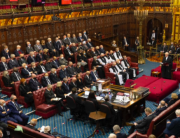









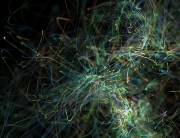








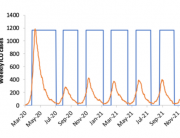

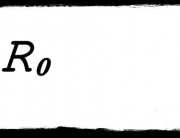

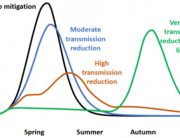
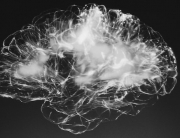



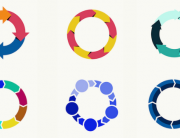

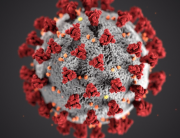

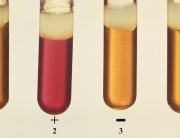
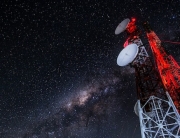
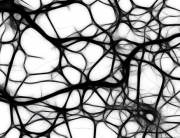







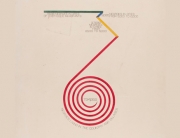










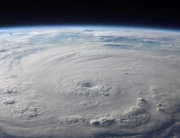







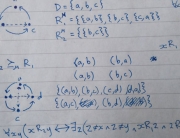




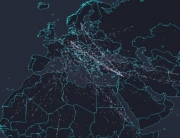



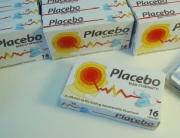








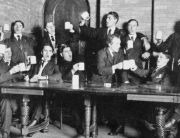






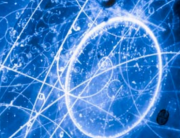
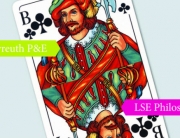


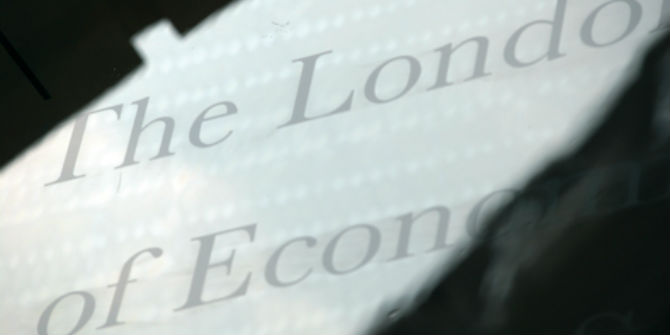





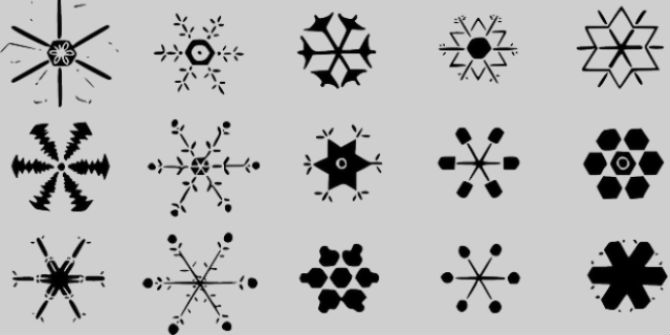


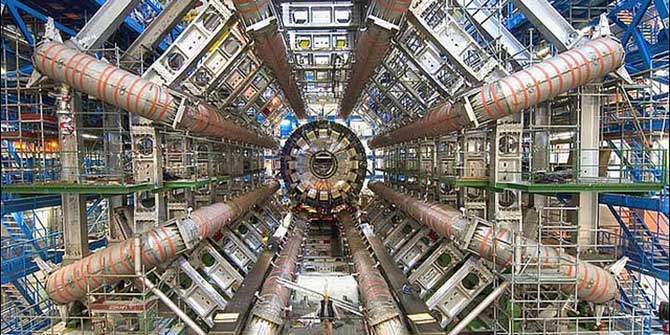

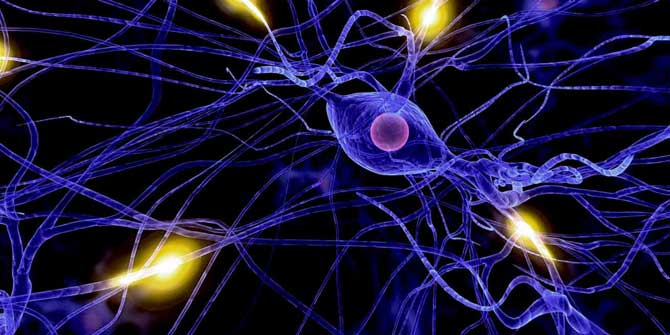

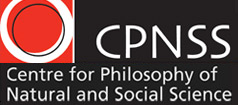
I wonder why you are so motivated to defend free will? I think it’s a beautiful thing that on a deep level, we’re all innocent. I think it’s a fear or ego thing to try and preserve the illusion.
Free will (in the libertarian sense) is randomness. There’s no reason why the agent does A rather than B, with all aspects of the agent being the same when the intention springs forth.
>They emerge from physical processes, but are not reducible to them. They are in the company of other emergent phenomena, from organisms and ecosystems to economies.
I always get this twitch when I read descriptions of emergentism. It seems like a way for philosophers to have their cake and eat it too; to maintain that “yes the universe is physical”, and to reject, in their words, some kind of dualistic spiritual or mental energy, but to also slip an entirely separate set of causes through the back door. All too often emergentism seems to mean that once we look at something at a scale bigger than physics or chemistry, some “new causal principles” somehow come into play. In this sense it is surely just dualism by another name, with the respect paid to the unified physical world amounting to little more than lip-service.
We must remember that the universe has a _history_. This history is a consequence of the mysterious, but wholly _physical_ phenomenon of time. Climate, life and mind have all emerged, but in the literal, old school sense of emerging – they have all come about over time. Unlike particle physics, they are not universal principles, and will probably look quite different on another planet. They can only be understood with reference to the specific events that form their history. This is why attempting to explain free will using physics the way we use physics to explain molecular bonds is doomed to fail. Molecular bonds are the same throughout the universe wherever the same molecules exist. But mental phenomena occur in specific kinds of individual organisms, which in our case are the outcome of billions of years of very particular events of a very peculiar planet . These are all phenomenon that have evolved, and continue to evolve, according to the specific constraints that this earth and its environs offer up at any given moment. To try to explain any complex phenomenon without reference to its evolution is futile. “Emergentism” as a kind of new causality that gets injected into things of a certain scale is a poor band-aid for the problem. Much better approaches are available, like those outlined by Terrence Deacon in Incomplete Nature, who remains firmly, unambiguously a physicalist and does not make excuses for dualism, but instead takes the specific history of living organisms and evolution seriously. It is entirely true that life and mind are not reducible to physics in the same way that chemistry is, but they are entirely reducible to physical processes **and their specific history through the physical dimension of time**.